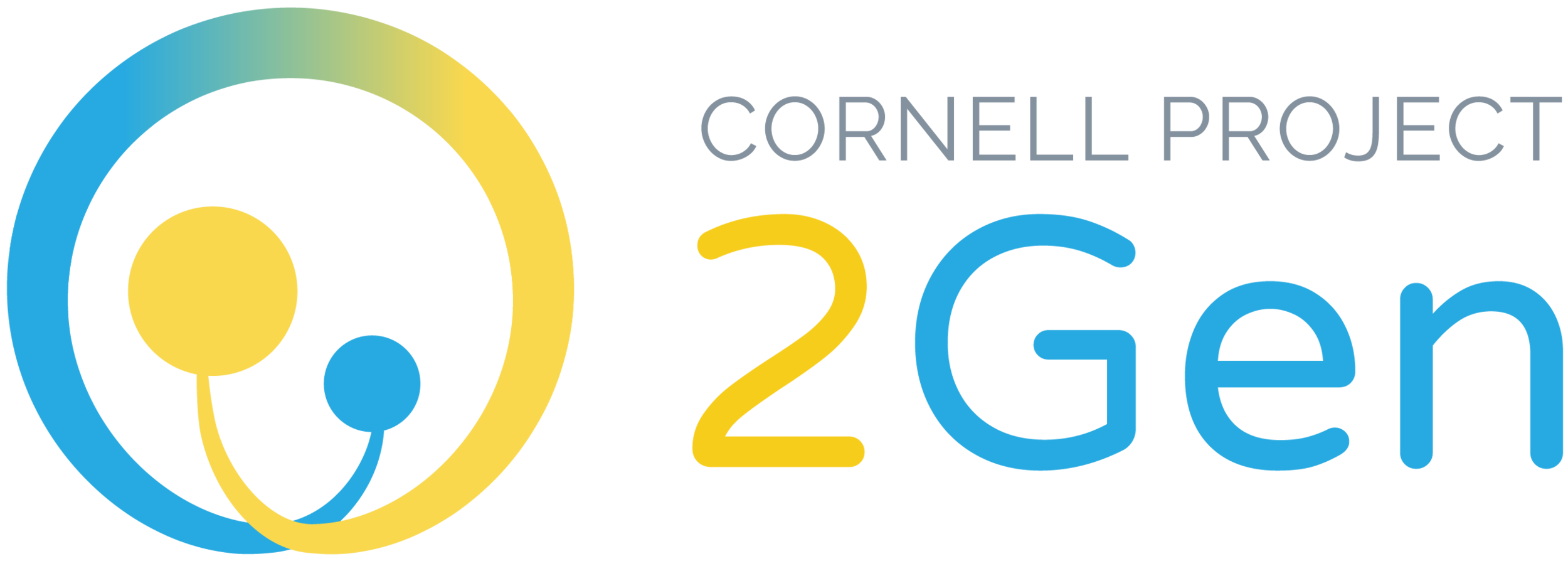Understanding the Dynamics of Family Drug Treatment Court
A Senior Honors Thesis By Pearlanna Zapotocky
Abstract: Family drug treatment courts (FDTCs) are a court-based intervention that serve families in the child welfare system struggling with substance misuse. These entities take a two-generation approach, working to create or restore a strong bond between children and their guardians. In 2001, a New York county adopted the FDTC model; however, in 2014, they significantly expanded their services by adding SafeCare for children under five and the Strengthening Families Program for older youth. This paper examines whether the rate of reunification differs between the 33 children who participated in FDTC pre-expansion (2013-2014) compared to the 279 who participated post-expansion (2014-2017). Additionally, this paper assesses the individual impact of the Strengthening Families Program and SafeCare on the likelihood of reunification. Results show that families in the post-expansion FDTC wave were more than twice as likely to reunify than those who participated pre-expansion. Successful reunification was associated with participation in the Strengthening Families Program, but not SafeCare. This suggests that the updates made to the FDTC have had a positive impact on child welfare outcomes, but that this association is dependent on which program participants engage in. In turn, additional FDTC modifications may be necessary to maximize the odds of reunification for children under the age of five.

